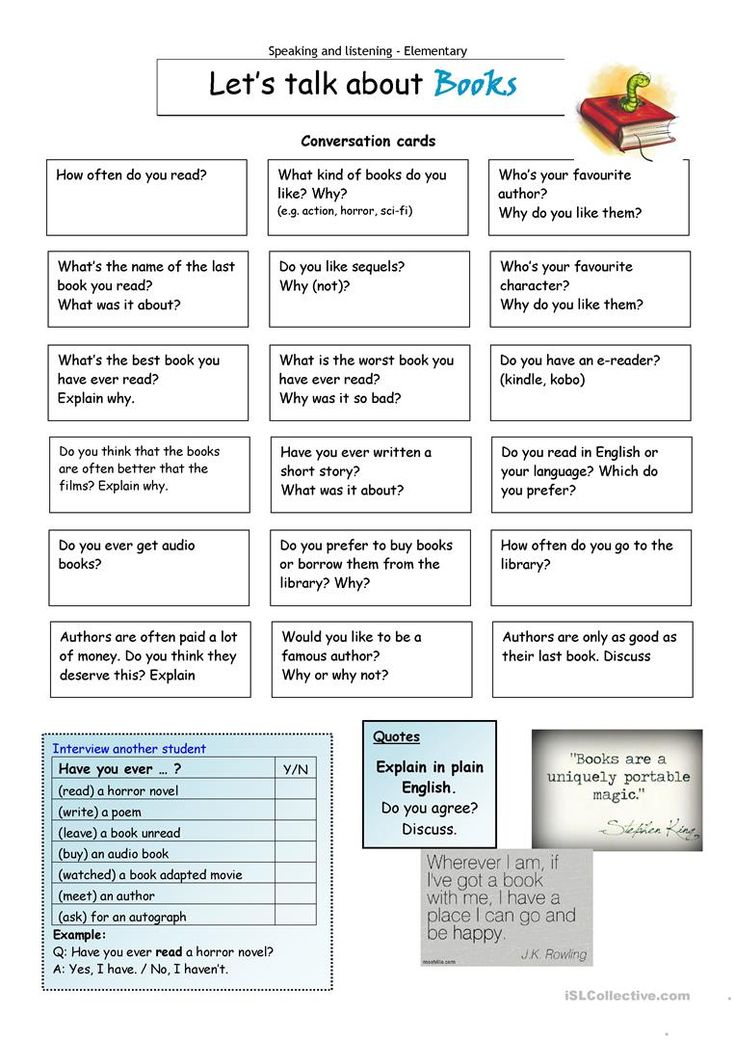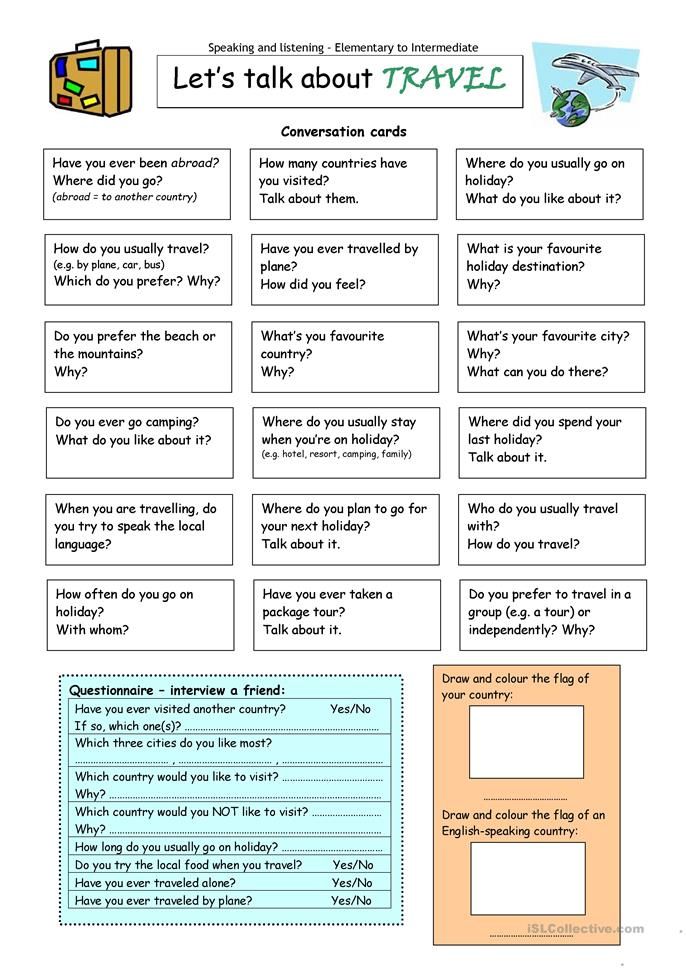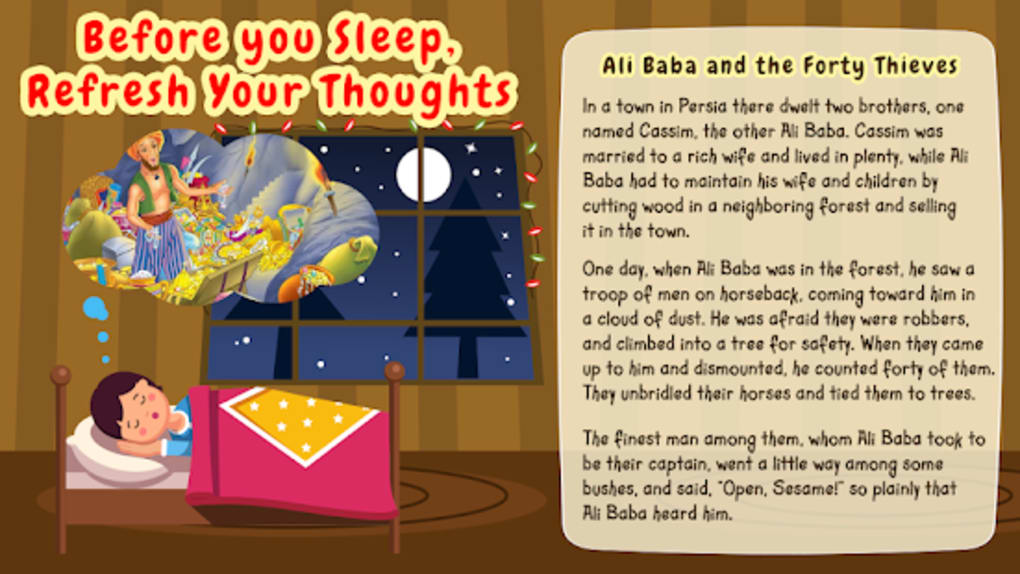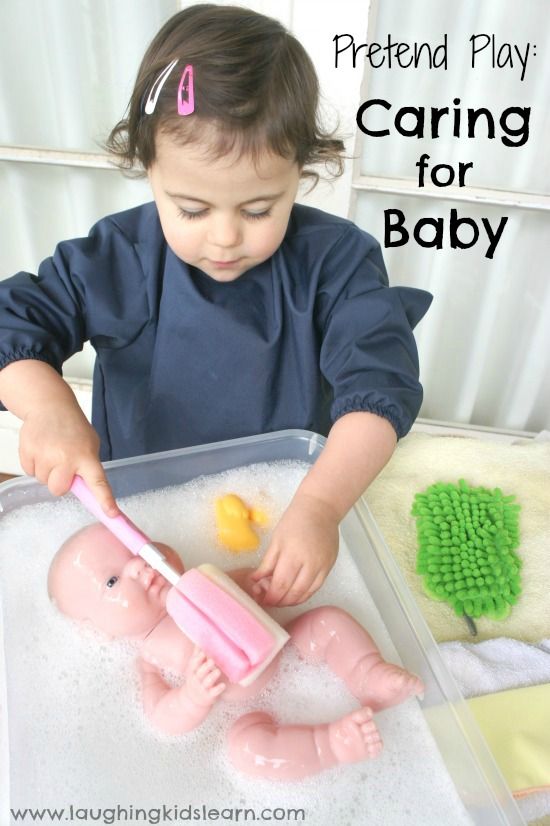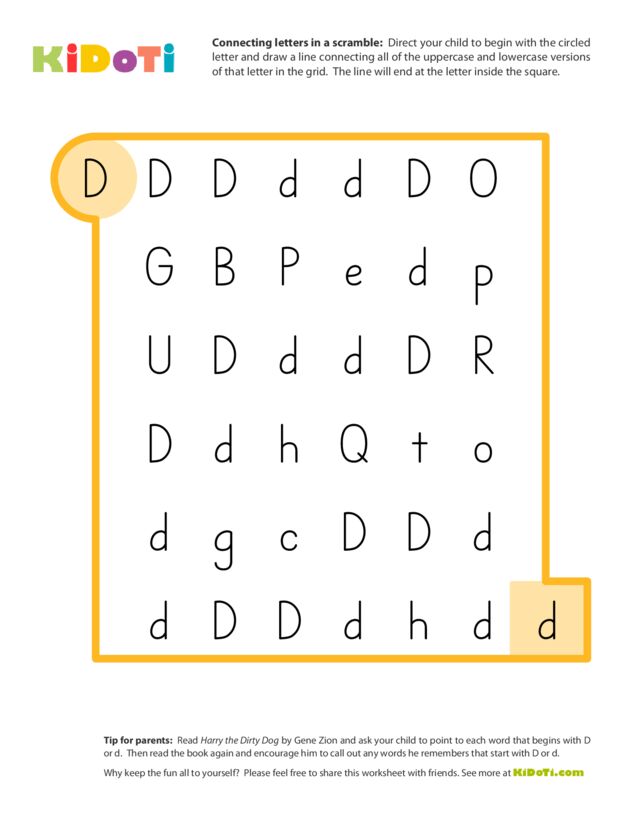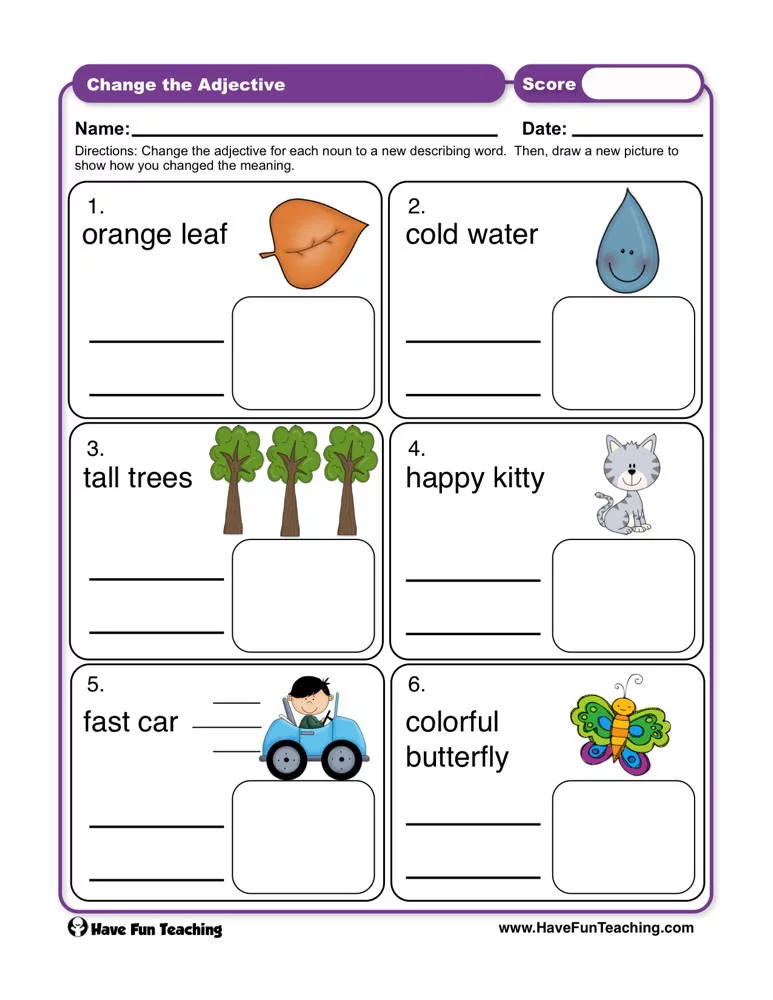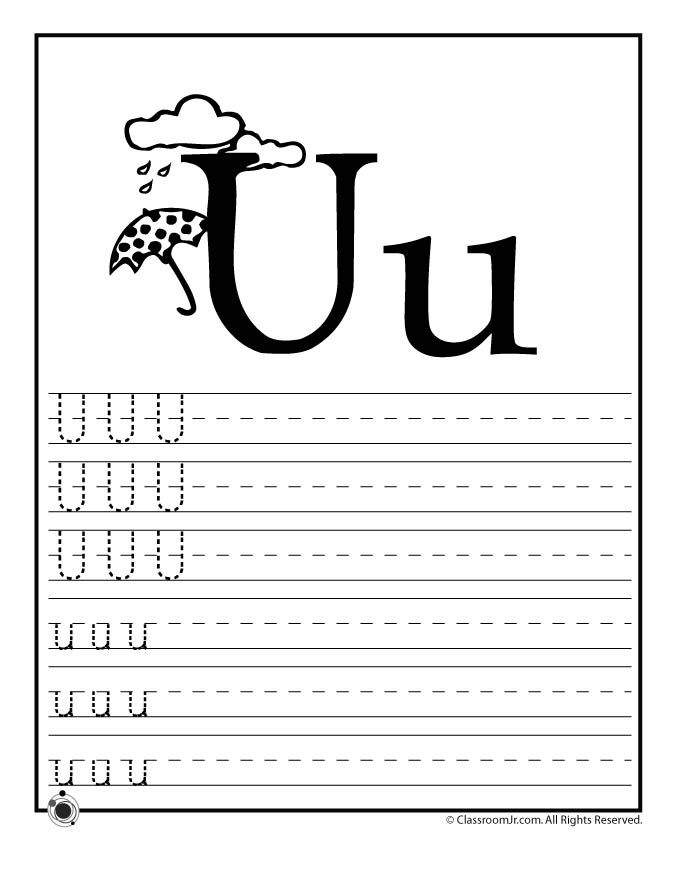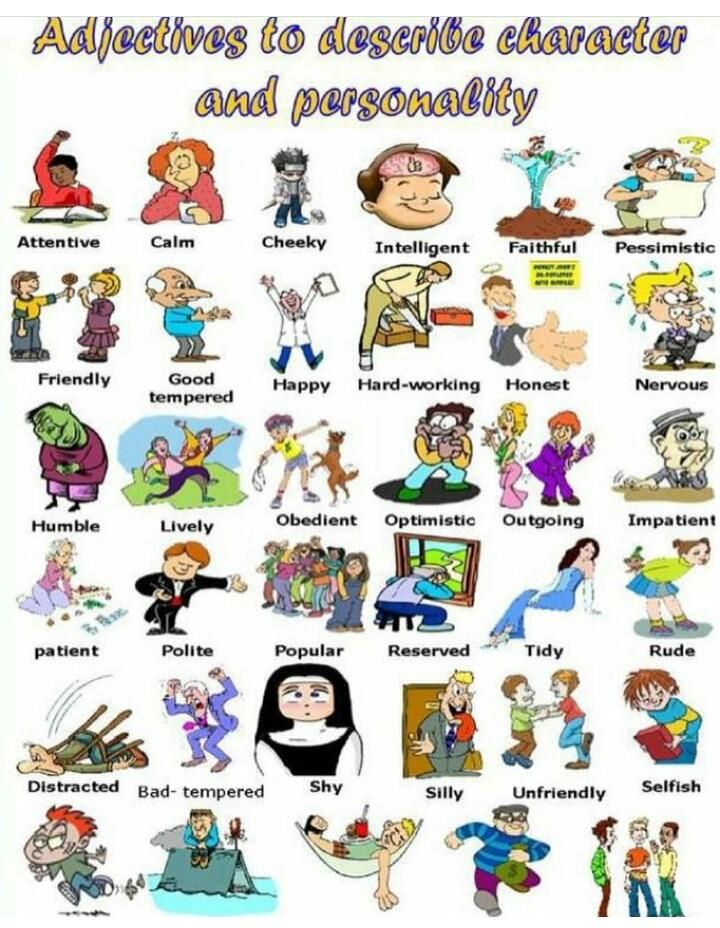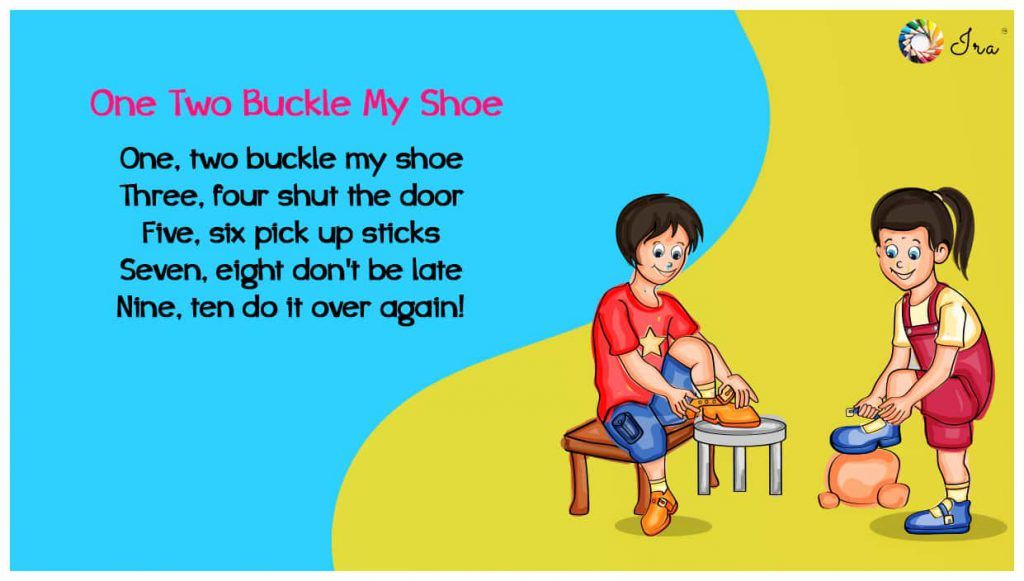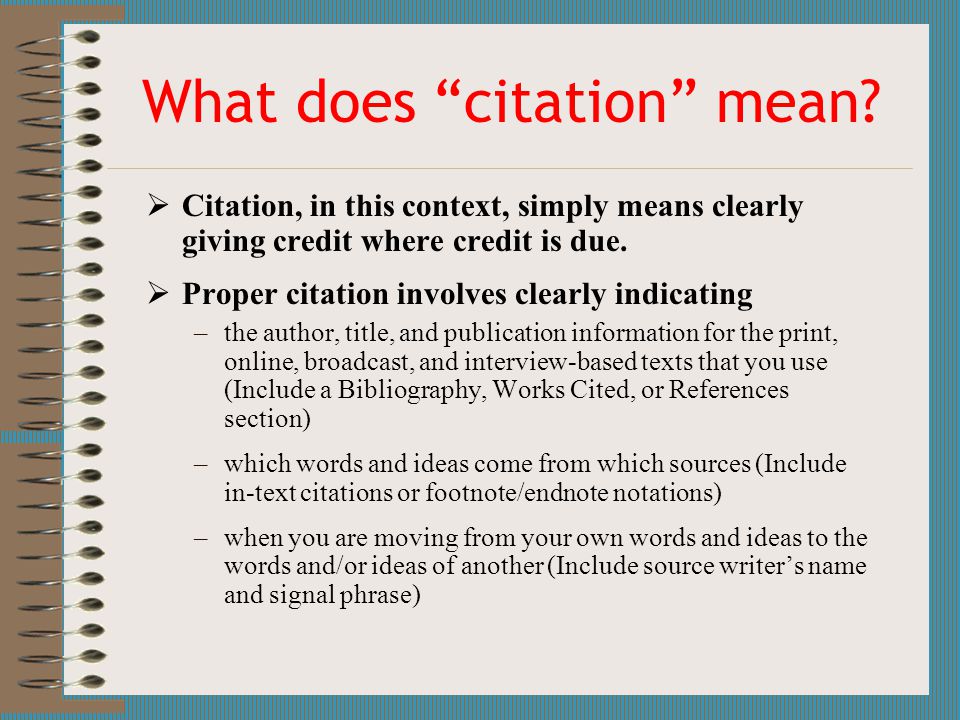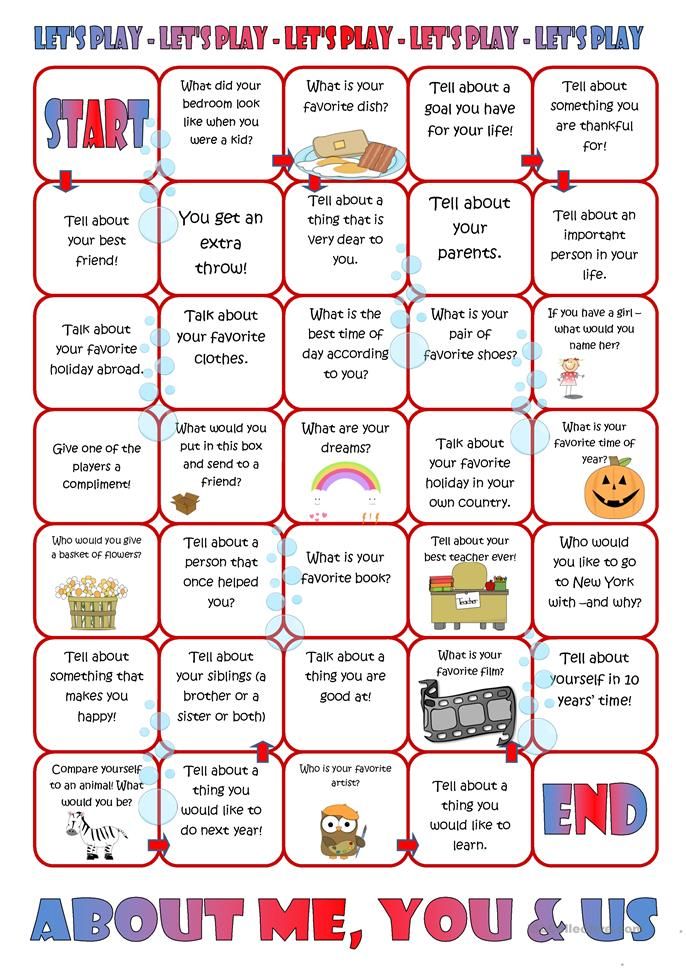Things a 1st grader should know
45 Things Your Child Should Know Before Entering First Grade
The transition from kindergarten to first grade is a big step for any child. Your child will now be a part of a “big school,” meaning they are surrounded by more students, can eat in a cafeteria, and play outside during recess. They will also adjust to a longer school day, receive more homework, and learn to get around without much help. These changes in routine will cause your child to start feeling independent.
Your child has applied what they have learned in preschool to kindergarten and has now gathered more information in kindergarten to apply in first grade. It is important that children have learned certain facts and information in kindergarten so they can apply those skills next year to help them grow. By the end of kindergarten, their knowledge of reading, writing, numbers, and problem-solving have grown, along with being introduced to other subjects like social studies and science.
Here is an example checklist of what your child needs to know before starting first grade.
Reading and Reading Comprehension Skills
- Recognize upper and lower case letters
- Know, identify, and increase sight word vocabulary (sight words are words that often are spelled differently than how they sound and children must recognize them by sight. Common sight words are: "their", "if", "of", "each")
- Know the alphabet and basic features of letters and words
- Memorize and correctly spell around 130-150 words
- Decoding or sounding new words out (being able to use letter sounds and patterns to recognize and pronounce written words)
- Rhyming more words (ex: frog and clog)
- Tell the difference between facts and fiction
- Recall the sequence of events in a story (first, second, third, ending, etc.)
Writing Skills
- Write upper and lower case letters
- Write their name
- Use letters and shapes to detect different objects
- Create simple words and sentences
- Write in complete sentences
Fine Motor Skills
- Hold a pencil, crayon, or marker correctly
- Hold scissors correctly
Mathematic Skills
- Recognize that addition means putting two groups of numbers together (5+4) and that subtraction means taking away from one group (5-4)
- Add and subtract numbers 1 through 10
- Use objects to show how to break up numbers less than or equal to 10 in different ways (ex: 6 apples = two groups of 3 apples, or 6 apples = a group of 4 apples and a group of 2 apples.
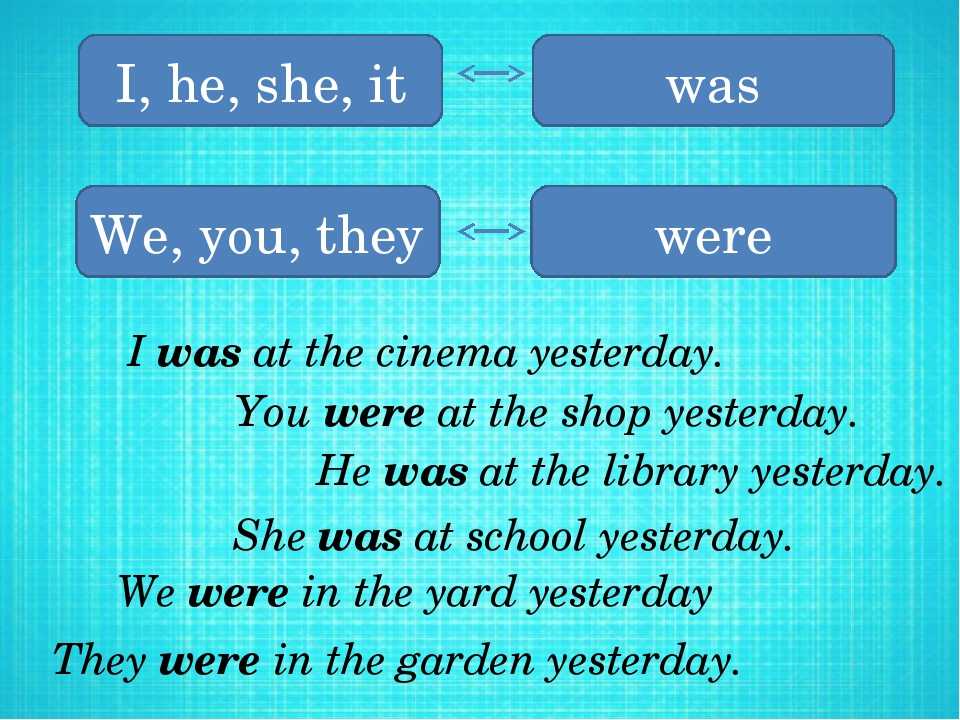 )
) - Use objects or draw pictures to help show addition and subtraction
- Count simple money
- Know numbers from 1-30
- Recognize different patterns (ex: blue square, red square, blue square; should know what comes next)
- Recognize more shapes and master previous knowledge of shapes (square, circle, sphere, star, rhombus)
- Know the tools to measure time and temperature
Social Studies Skills
Social Studies is a subject that is gradually introduced to children in kindergarten. They will learn about past history and events that took place in America. Your child should be able to:
- Understand what history is and know some stories, events, and people in history
- Know important people in United States history (George Washington)
- Understand broad categories of time (past, present, and future)
- Know basic cultures and their traditions
- Know people and events honored in commemorative holidays
- Recognize American symbols (the flag, the eagle, the Statue of Liberty)
- Understand that there are other instruments used to locate places (maps, globes)
Science Skills
Science is another subject that is introduced to children in kindergarten.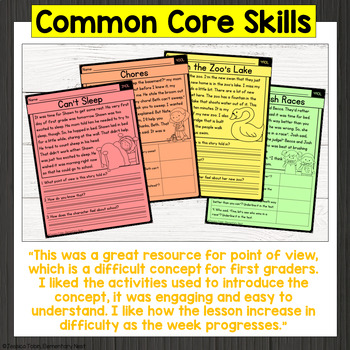 Science teaches about the universe and the natural world through experiments. There are many different areas of science that are introduced upon grade level. Your child should be able to:
Science teaches about the universe and the natural world through experiments. There are many different areas of science that are introduced upon grade level. Your child should be able to:
- Do easy, hands-on experiments
- Know the four seasons and their different climates
- Know the importance of the sun and what it provides the Earth with
- Know the difference between living and non-living things (a plant vs. a teddy bear)
- Recognize how we impact the Earth in terms of recycling and pollution
Social Skills and Abilities
- Participate in group activities
- Share and communicate appropriately with other students
- Respect their peers
- Raise their hand before being called on
- Seek help with assignments when needed
- Show eagerness and willingness to learn
- Sit for a longer period of time than in kindergarten (15-20 minutes.
Read the Rest of the Series!
Have multiple children in multiple grades? Read the rest of the series!
- 21 Things Your Child Should Know Before Entering Kindergarten
- 45 Things Your Child Should Know Before Entering First Grade
- 45 Things Your Child Should Know Before Entering Second Grade
- 43 Things Your Child Should Know Before Entering Third Grade
- 48 Things Your Child Should Know Before Entering Fourth Grade
- 49 Things Your Child Should Know Before Entering Fifth Grade
Sources:
- “1st Grade Skills Checklist.
 ” LeapFrog. Web. 29 Aug. 2017.
” LeapFrog. Web. 29 Aug. 2017. - “Preparing for 1st Grade.” Scholastic. Web. 29 Aug. 2017.
- "Model Curriculum English Language Arts Units," New Jersey State Government, http://www.state.nj.us/education/modelcurriculum/ela/1.pdf
- Model Curriculum Grade 1 Mathematics Units, New Jersey State Government, http://www.state.nj.us/education/modelcurriculum/math/1.pdf
We wrote a guide answering the most common questions we've gotten from 100s of of parents of first graders. Download it for free today!
1
Topics: Problem Solving, Number Writing, First Grade, New School Year, Elementary School
Ready for 1st Grade: Skills Kids Need
A lot of learning happens in kindergarten to help kids hit the ground running when they go into first grade. Some of the skills kids need going into first grade are social skills, like listening and taking turns.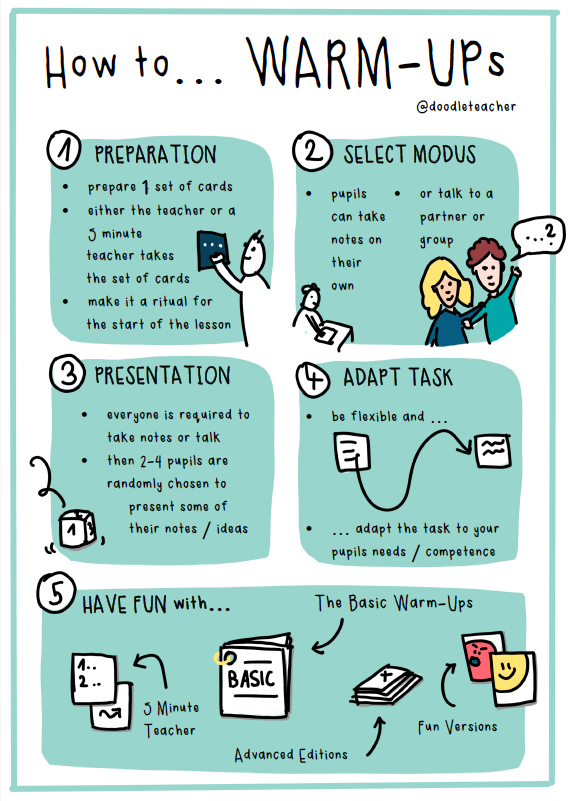 Others are more academic — the skills kids need to develop as they do more work in reading, writing, and math.
Others are more academic — the skills kids need to develop as they do more work in reading, writing, and math.
Here’s a sample of what kids should be learning by the end of kindergarten to be ready for first grade.
Literacy skills kids need for first grade
Literacy skills include both reading and writing. The two are taught together because they’re closely connected. In kindergarten, kids practice breaking words into small chunks and identifying the sounds each letter makes. (This is known as decoding.)
That’s because kids going into first grade are expected to know the alphabet and the basic features of letters and words. They’re also typically able to recognize and provide rhyming words. These are all skills that help emerging readers learn new words and read simple books.
When it comes to writing, incoming first graders are expected to be able to write and share information in a variety of ways. This includes drawing, writing letters and words, listening to others, and speaking out loud.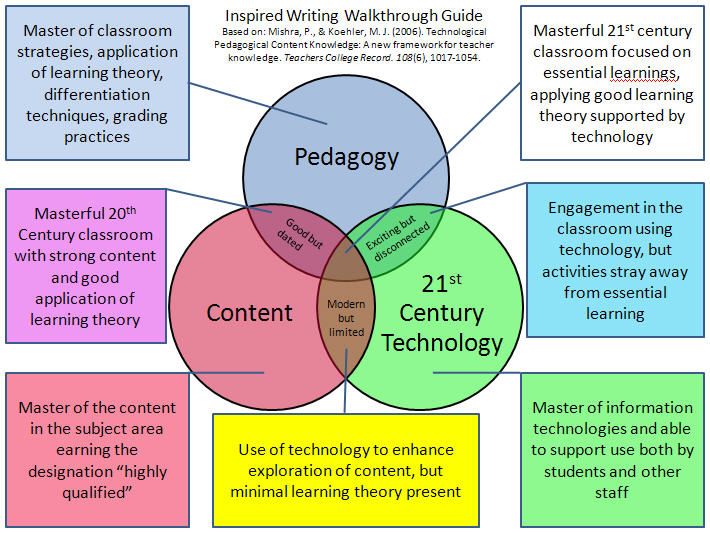 To help build these skills for first grade, kids do activities like these:
To help build these skills for first grade, kids do activities like these:
- Write and recognize upper- and lowercase letters.
- Match letters to sounds, make rhymes, and recognize some words without having to sound them out (teachers refer to these as sight words, and some of the first ones kids pick are and, the, and it).
- Learn and use new words to express thoughts, feelings, and ideas clearly.
- Ask and answer questions about a story the teacher reads aloud, and talk about the characters, settings, and major events in the story.
- Name the person, place, thing, or idea in a picture.
- Follow the rules of conversation by listening and taking turns talking.
- Give information about an event, topic, or opinion by drawing, talking, and writing about it.
- Participate in shared reading and writing activities (for example, the teacher reads a big picture book aloud and students take turns sharing ideas about it).
You can help your child build literacy skills at home, too:
- Learn about ways to help kids connect letters and sounds.

- Get tips to help your child develop good reading habits.
- Use fun multisensory techniques to practice writing.
Math skills kids need for first grade
There are two big math concepts kids need a strong grasp of as they go into first grade. The first is number sense — learning numbers and what they stand for, like connecting the number “5” with a picture of five apples. The other big one is addition and subtraction. Kindergartners also learn to identify and work with shapes.
Here are some activities kids do to build math skills going into first grade:
- Count how many objects are in a group (one by one) and compare it to another group to figure out which is greater or less than the other.
- Recognize that addition means putting two groups together and that subtraction means taking away from one group.
- Add and subtract numbers 1 through 10.
- Use objects to show how to break up numbers less than or equal to 10 in more than one way (for example, 8 erasers = 2 groups of 4 erasers, and 8 erasers = a group of 2 and a group of 6).

- Find the number of objects to make any group of 1 to 9 into a group of 10.
- Use objects or draw pictures to represent and solve simple addition and subtraction word problems.
You can help your child build math skills at home, too:
- Explore fun picture books to get your child excited about math.
- See how to use everyday household items to practice math.
- Play board games that build math skills.
Working with your incoming first grader
Take a look at your state’s academic standards to see what skills are expected for kids going into first grade. Not all states use the same standards, but many of them have similar expectations for students.
Keep in mind, too, that kids develop skills at different rates. But if your child doesn’t have most of these skills down by the end of kindergarten, it’s a good idea to check in with your child’s teacher to speak about your concerns. Together you can come up with a plan for keeping track of your child’s progress and getting ready for first grade.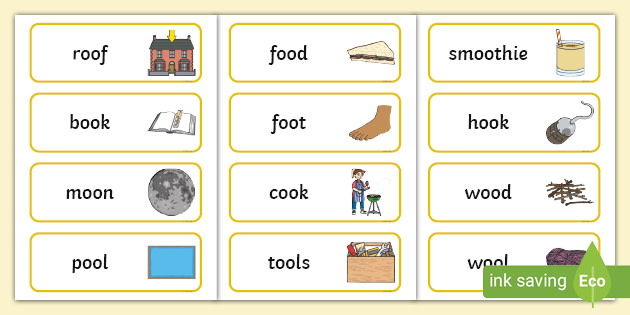
Key takeaways
Incoming first graders typically know the alphabet and can add and subtract numbers 1 through 10.
There are fun ways to practice language and math skills to help your child get ready for first grade.
If you have concerns about your child’s progress, talk to the teacher to come up with a game plan.
What a future first grader should be able to do and how to prepare him for school
August 23, 2022
The older children get, the more often parents think about preparing for school. When to start it and how to do it so as not to spoil your beloved child's childhood and teach everything necessary for successful study? Together with Anna Davidovich, a specialist in the field of child neuropsychology and an expert of the LogicLike development platform, we understand the issues that concern almost all parents of future first-graders. nine0003
Is it possible to make school preparation an exciting activity that motivates, encourages and, most importantly, ensures the comprehensive intellectual development of the child? With LogicLike, developing courses and games will become his new hobby. The service is already included in the special children's subscription NETARIF Junior.
The service is already included in the special children's subscription NETARIF Junior.
Contents
Expand
When should I send my child to school - at six or seven years old?
It is not so much the age that is important, but the emotional and social readiness of the baby to change the usual way of life. He will have to find himself in completely new conditions, and this is a serious test for the psyche, stress. But the child adapts easier and faster if:
- independent;
- responsible;
- organized;
- assiduous;
- considerate;
- polite.
The child must be able to recognize the authority of adults, build a dialogue with the teacher and find contact with peers. Therefore, it is so important to attend a kindergarten, circles or development centers, because only in a team the communication skill is improved. But besides this, the child must be sufficiently developed intellectually. nine0003
nine0003
If you see that your baby is socialized to the required extent and can do a lot, you can send him to school up to seven years. If it seems to you that he is not ready yet, it is better to wait so that the new conditions do not become too difficult a test for the child.
Anna Davidovich
Specialist in the field of child neuropsychology and expert of the LogicLike development platform
If we are dealing with a typical school curriculum, it is better to send a child to school at the age of seven. The fact that a child has already mastered writing, reading and counting does not mean that he is ready for schooling. In addition to these school skills, the so-called regulatory systems of the psyche are important, which reach maturity by the age of seven or eight. For example, the ability to collect a portfolio, "hear" the teacher, focus on the lesson, plan one's own activity in preparation for school, and, most importantly, be motivated to gain knowledge. It is worth considering the psycho-physiological maturity, for example, the ability of the hand to the load associated with writing.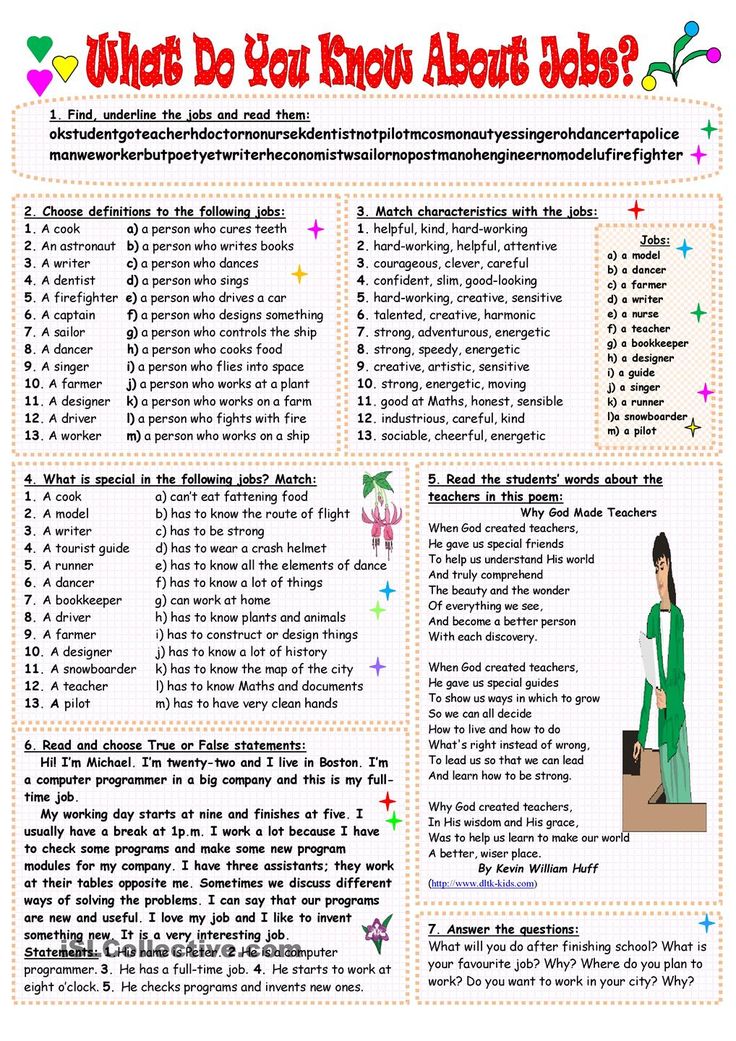 nine0003
nine0003
What should a future first grader know and be able to do?
By the age of 6–7, the child should already:
- Remember his first and last name, birthday, age, know the names of mom and dad, their professions, address and other basic information. You also need to know several poems by heart, be able to memorize pictures and guess them.
- Count to at least ten, solve simple problems and riddles, recognize geometric shapes.
- Identify common features of objects and their differences, be able to work with scissors and a ruler, draw clear lines and paint without going beyond the outline. nine0019
- Be able to distinguish letters from sounds, vowels from consonants, find them in different parts of a word, select words for any letter and divide them into syllables.
- Read short sentences and understand their meaning, memorize and retell short stories, and independently compose stories from pictures and express opinions on a given topic.
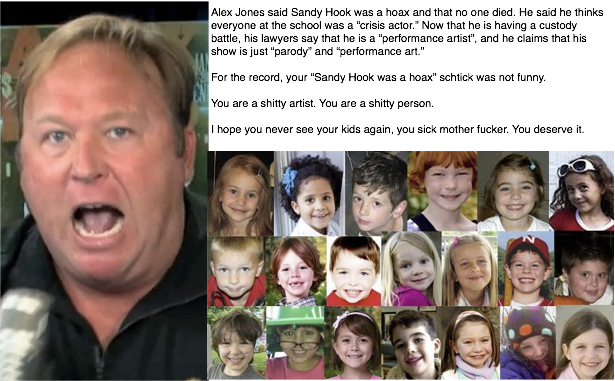
- Possess a coherent, phonetically and grammatically correct speech, select and pronounce words, highlight sounds, correctly build sentences, clearly and clearly express your thoughts. nine0019
Should a preschool child be able to read, write and count?
Theoretically, no, because elementary school was created specifically to teach children these basic skills. But actually, yes. Previously, it was really possible to send a child to the first grade with a zero level of knowledge. However, modern realities dictate other rules.
Today, many parents begin to develop their babies in all directions almost from the cradle. As a result, some children in the first grade already write, count and read fluently, sometimes even in English. Without a certain knowledge base, your child may feel uncomfortable around them. nine0003
The pace of learning has also accelerated greatly in recent years. It will be difficult for an unprepared first-grader to keep up with him.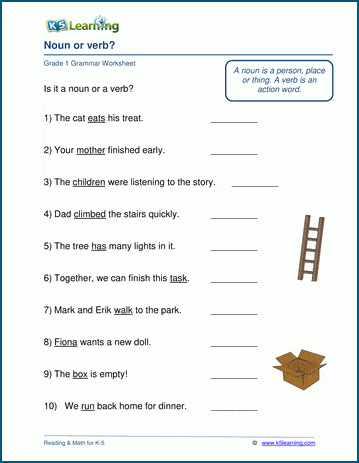
How is school readiness assessed?
On the one hand, there are no official requirements and a list of questions for admission to the school. According to the law, state educational institutions are prohibited from accepting children on a competitive basis. All applicants must be enrolled.
But on the other hand, the readiness of children is still checked at an interview in the graduation group of a kindergarten or directly upon admission to school. The results of such secret testing are important if you are going to send your child to a gymnasium / lyceum or to any educational institution outside the place of residence, especially if places are limited. nine0003
The interview also influences which grade the child will be assigned to. Usually they are divided according to the level of development of children into strong and weak. In the first, the requirements are higher, but the children are also more motivated. Academic success depends on this, and for many parents it is important that the child finds himself in a strong environment.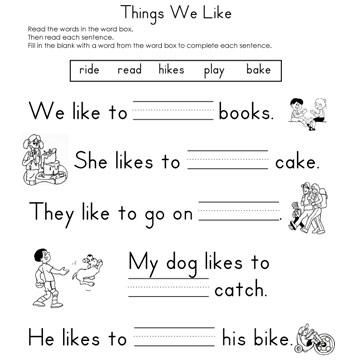 The law is not written for private schools at all: they may have their own, rather high requirements for the skills of incoming children. If you want to send your child to an “advanced” educational institution, you need to prepare very seriously. nine0003
The law is not written for private schools at all: they may have their own, rather high requirements for the skills of incoming children. If you want to send your child to an “advanced” educational institution, you need to prepare very seriously. nine0003
Anna Davidovich
Pediatric neuropsychologist and LoengicLike developmental platform expert
Start by reducing the value of all introductory activities for yourself, as an adult. The child "reads" all our signals, including our body language, he feels our tension and anxiety. If you simplify the value of what is happening for yourself, then it will not be so disturbing for the child. In no case should you say: “It is very important that you answer well”, “If you do not answer, you will not be taken to school”, “Everything now depends on you”, etc. Such formulations can cause severe anxiety, up to panic, when the child cannot “squeeze out” anything at all. nine0003
Here are some more recommendations:
- Be sure to “play” the interview situation with your child, in a light, relaxed, comic way.

- Let the child be sure to be the one who is interviewing. Make it clear that it's okay to make a mistake.
- Also make mistakes yourself while acting out scenes, demonstrate a positive behavioral strategy when the child points out a mistake to you: “Thank you, now I will remember it for sure.”
- Run with your child on suggested questions while walking or playing together, in between times. nine0019
- Don't memorize the answers, just periodically return to the questions that are difficult.
- These simple tips will help your child remember information better and reproduce it when needed.
Regardless of the result of the interview, praise the child, encourage him to play, go to the park, take a walk together. The message is: “You are so good for going there! Super! Let's have some fun together now."
How to improve a child's knowledge before school? nine0014
Most parents do not have enough time and opportunities to deal with their daughter or son in person.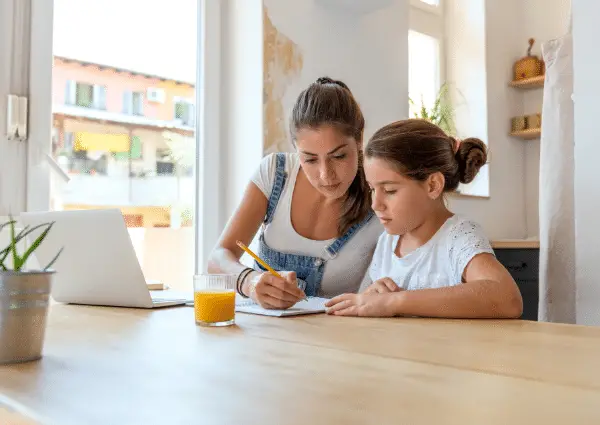 Or children do not perceive mom / dad as a teacher, fool around, do not listen. The most common way out in this case is additional classes to prepare for school. As a rule, courses are paid, they last up to six months and include different disciplines. This is convenient if the budget allows and the child needs comprehensive development. If you want all the attention of the teacher to be paid only to your baby, choose individual lessons with the teacher, however, this pleasure will be more expensive than collective learning. nine0003
Or children do not perceive mom / dad as a teacher, fool around, do not listen. The most common way out in this case is additional classes to prepare for school. As a rule, courses are paid, they last up to six months and include different disciplines. This is convenient if the budget allows and the child needs comprehensive development. If you want all the attention of the teacher to be paid only to your baby, choose individual lessons with the teacher, however, this pleasure will be more expensive than collective learning. nine0003
Another option is online classes with the help of educational services. For example, there are programs with which a child will learn to solve non-standard logical problems, train memory and ingenuity. Even if parents themselves have to sit next to their child, the learning process will be much more fun and easier. And certainly without irritation and tears. You can start such preparation in advance or quickly improve your knowledge before the first of September.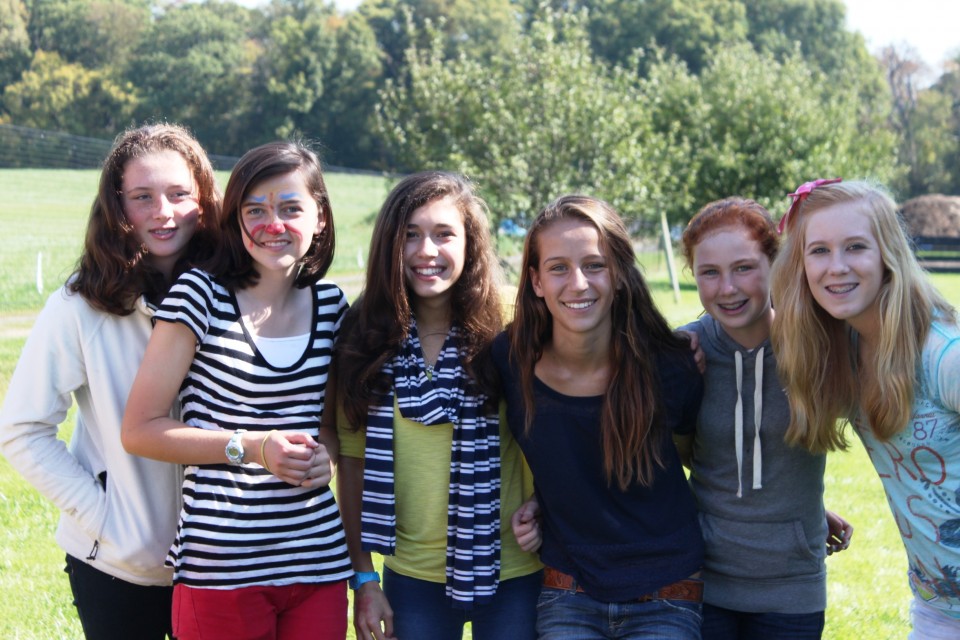
Related material
Do you remember school slang: nostalgic quiz
What is the best way to reinforce acquired skills?
Everything a child learns should be backed up with practice. And not in some specially created, artificial conditions, but in everyday actions, in everyday life. Counting - while going to the store, memory - while cleaning, charging or mastering new walking routes, speech - during conversations, games and reading books. In other words, bring them to life. Observe if the child is able to compare, generalize, build cause-and-effect relationships not only in a smartphone or computer, but also in actions with real objects and situations. nine0003
And for first-graders and other younger students, we recommend the NETARIF Junior subscription. This is a complete solution that will provide a children's smartphone with communication, a LogicLike educational service, entertainment and an annual subscription to school textbooks for any class of their choice.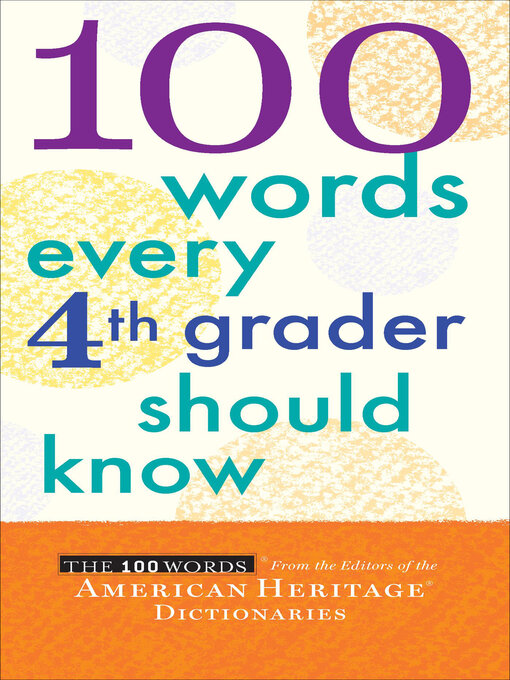
Connect NETARIF Junior.
Tags:
- Children
- Society
- Education
Tell your friends about this stuff:
Still on the topic
children January 11111 2023
All about the new unified children's manual: analysis of the conditions
Children January7 2023
Children's entertainment for parents: how to protect themselves from injuries and other troubles
Children December 2022
22 Benefits for large families: what are the provisions and how to get
Popular0003
GamesJanuary 10, 2023
What to give a gamer: choosing gadgets and accessories
August 23, 2022
The older the children get, the more often parents think about preparing for school. When to start it and how to do it so as not to spoil your beloved child's childhood and teach everything necessary for successful study? Together with Anna Davidovich, a specialist in the field of child neuropsychology and an expert of the LogicLike development platform, we understand the issues that concern almost all parents of future first-graders. nine0003
nine0003
Is it possible to make school preparation an exciting activity that motivates, encourages and, most importantly, ensures the comprehensive intellectual development of the child? With LogicLike, developing courses and games will become his new hobby. The service is already included in the special children's subscription NETARIF Junior.
Go toContents
Expand
When should I send my child to school - at six or seven years old?
It is not so much the age that is important, but the emotional and social readiness of the baby to change the usual way of life. He will have to find himself in completely new conditions, and this is a serious test for the psyche, stress. But the child adapts easier and faster if:
- independent;
- responsible;
- organized;
- assiduous;
- considerate;
- polite.
The child must be able to recognize the authority of adults, build a dialogue with the teacher and find contact with peers. Therefore, it is so important to attend a kindergarten, circles or development centers, because only in a team the communication skill is improved. But besides this, the child must be sufficiently developed intellectually. nine0003
Therefore, it is so important to attend a kindergarten, circles or development centers, because only in a team the communication skill is improved. But besides this, the child must be sufficiently developed intellectually. nine0003
If you see that your baby is socialized to the required extent and can do a lot, you can send him to school up to seven years. If it seems to you that he is not ready yet, it is better to wait so that the new conditions do not become too difficult a test for the child.
Anna Davidovich
Specialist in the field of child neuropsychology and expert of the LogicLike development platform
If we are dealing with a typical school curriculum, it is better to send a child to school at the age of seven. The fact that a child has already mastered writing, reading and counting does not mean that he is ready for schooling. In addition to these school skills, the so-called regulatory systems of the psyche are important, which reach maturity by the age of seven or eight.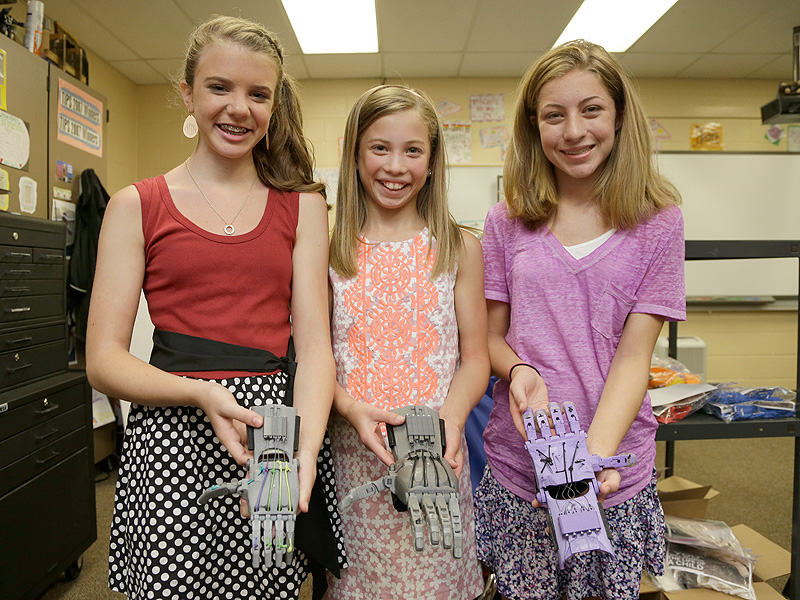 For example, the ability to collect a portfolio, "hear" the teacher, focus on the lesson, plan one's own activity in preparation for school, and, most importantly, be motivated to gain knowledge. It is worth considering the psycho-physiological maturity, for example, the ability of the hand to the load associated with writing. nine0003
For example, the ability to collect a portfolio, "hear" the teacher, focus on the lesson, plan one's own activity in preparation for school, and, most importantly, be motivated to gain knowledge. It is worth considering the psycho-physiological maturity, for example, the ability of the hand to the load associated with writing. nine0003
What should a future first grader know and be able to do?
By the age of 6–7, the child should already:
- Remember his first and last name, birthday, age, know the names of mom and dad, their professions, address and other basic information. You also need to know several poems by heart, be able to memorize pictures and guess them.
- Count to at least ten, solve simple problems and riddles, recognize geometric shapes.
- Identify common features of objects and their differences, be able to work with scissors and a ruler, draw clear lines and paint without going beyond the outline. nine0019
- Be able to distinguish letters from sounds, vowels from consonants, find them in different parts of a word, select words for any letter and divide them into syllables.

- Read short sentences and understand their meaning, memorize and retell short stories, and independently compose stories from pictures and express opinions on a given topic.
- Possess a coherent, phonetically and grammatically correct speech, select and pronounce words, highlight sounds, correctly build sentences, clearly and clearly express your thoughts. nine0019
Should a preschool child be able to read, write and count?
Theoretically, no, because elementary school was created specifically to teach children these basic skills. But actually, yes. Previously, it was really possible to send a child to the first grade with a zero level of knowledge. However, modern realities dictate other rules.
Today, many parents begin to develop their babies in all directions almost from the cradle. As a result, some children in the first grade already write, count and read fluently, sometimes even in English. Without a certain knowledge base, your child may feel uncomfortable around them.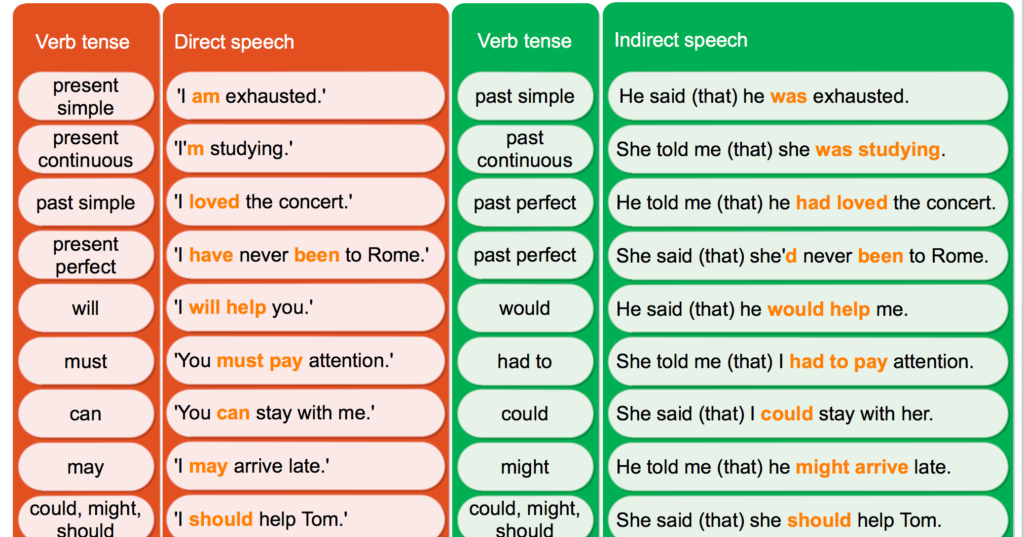 nine0003
nine0003
The pace of learning has also accelerated greatly in recent years. It will be difficult for an unprepared first-grader to keep up with him.
How is school readiness assessed?
On the one hand, there are no official requirements and a list of questions for admission to the school. According to the law, state educational institutions are prohibited from accepting children on a competitive basis. All applicants must be enrolled.
But on the other hand, the readiness of children is still checked at an interview in the graduation group of a kindergarten or directly upon admission to school. The results of such secret testing are important if you are going to send your child to a gymnasium / lyceum or to any educational institution outside the place of residence, especially if places are limited. nine0003
The interview also influences which grade the child will be assigned to. Usually they are divided according to the level of development of children into strong and weak.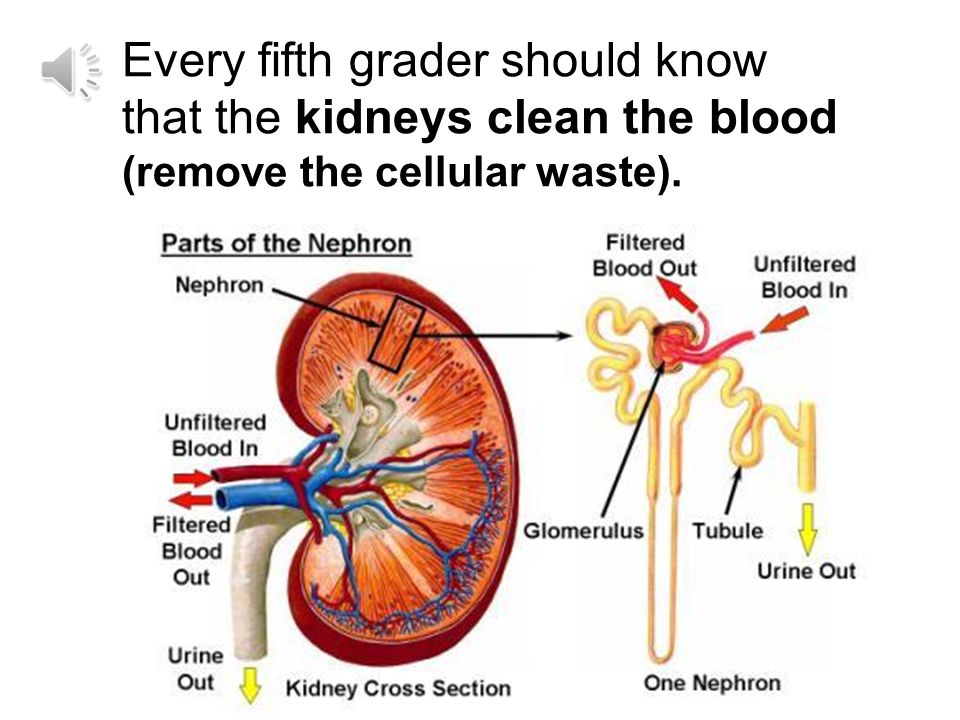 In the first, the requirements are higher, but the children are also more motivated. Academic success depends on this, and for many parents it is important that the child finds himself in a strong environment. The law is not written for private schools at all: they may have their own, rather high requirements for the skills of incoming children. If you want to send your child to an “advanced” educational institution, you need to prepare very seriously. nine0003
In the first, the requirements are higher, but the children are also more motivated. Academic success depends on this, and for many parents it is important that the child finds himself in a strong environment. The law is not written for private schools at all: they may have their own, rather high requirements for the skills of incoming children. If you want to send your child to an “advanced” educational institution, you need to prepare very seriously. nine0003
Anna Davidovich
Pediatric neuropsychologist and LoengicLike developmental platform expert
Start by reducing the value of all introductory activities for yourself, as an adult. The child "reads" all our signals, including our body language, he feels our tension and anxiety. If you simplify the value of what is happening for yourself, then it will not be so disturbing for the child. In no case should you say: “It is very important that you answer well”, “If you do not answer, you will not be taken to school”, “Everything now depends on you”, etc.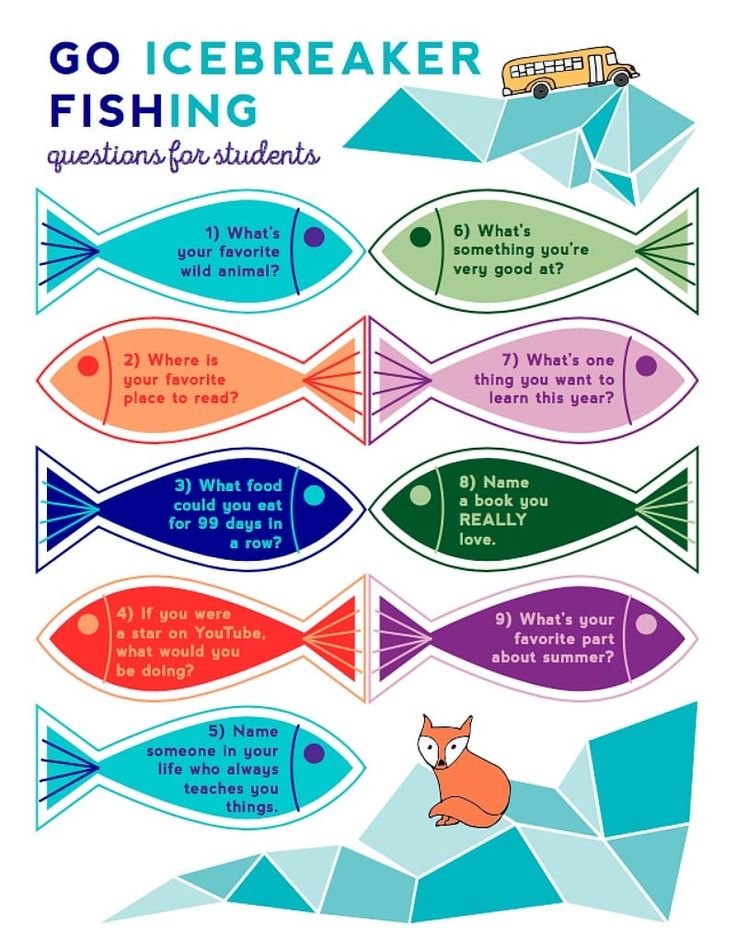 Such formulations can cause severe anxiety, up to panic, when the child cannot “squeeze out” anything at all. nine0003
Such formulations can cause severe anxiety, up to panic, when the child cannot “squeeze out” anything at all. nine0003
Here are some more recommendations:
- Be sure to “play” the interview situation with your child, in a light, relaxed, comic way.
- Let the child be sure to be the one who is interviewing. Make it clear that it's okay to make a mistake.
- Also make mistakes yourself while acting out scenes, demonstrate a positive behavioral strategy when the child points out a mistake to you: “Thank you, now I will remember it for sure.”
- Run with your child on suggested questions while walking or playing together, in between times. nine0019
- Don't memorize the answers, just periodically return to the questions that are difficult.
- These simple tips will help your child remember information better and reproduce it when needed.
Regardless of the result of the interview, praise the child, encourage him to play, go to the park, take a walk together. The message is: “You are so good for going there! Super! Let's have some fun together now."
The message is: “You are so good for going there! Super! Let's have some fun together now."
How to improve a child's knowledge before school? nine0014
Most parents do not have enough time and opportunities to deal with their daughter or son in person. Or children do not perceive mom / dad as a teacher, fool around, do not listen. The most common way out in this case is additional classes to prepare for school. As a rule, courses are paid, they last up to six months and include different disciplines. This is convenient if the budget allows and the child needs comprehensive development. If you want all the attention of the teacher to be paid only to your baby, choose individual lessons with the teacher, however, this pleasure will be more expensive than collective learning. nine0003
Another option is online classes with the help of educational services. For example, there are programs with which a child will learn to solve non-standard logical problems, train memory and ingenuity. Even if parents themselves have to sit next to their child, the learning process will be much more fun and easier. And certainly without irritation and tears. You can start such preparation in advance or quickly improve your knowledge before the first of September.
Even if parents themselves have to sit next to their child, the learning process will be much more fun and easier. And certainly without irritation and tears. You can start such preparation in advance or quickly improve your knowledge before the first of September.
Related material
Do you remember school slang: nostalgic quiz
What is the best way to reinforce acquired skills?
Everything a child learns should be backed up with practice. And not in some specially created, artificial conditions, but in everyday actions, in everyday life. Counting - while going to the store, memory - while cleaning, charging or mastering new walking routes, speech - during conversations, games and reading books. In other words, bring them to life. Observe if the child is able to compare, generalize, build cause-and-effect relationships not only in a smartphone or computer, but also in actions with real objects and situations. nine0003
And for first-graders and other younger students, we recommend the NETARIF Junior subscription.

